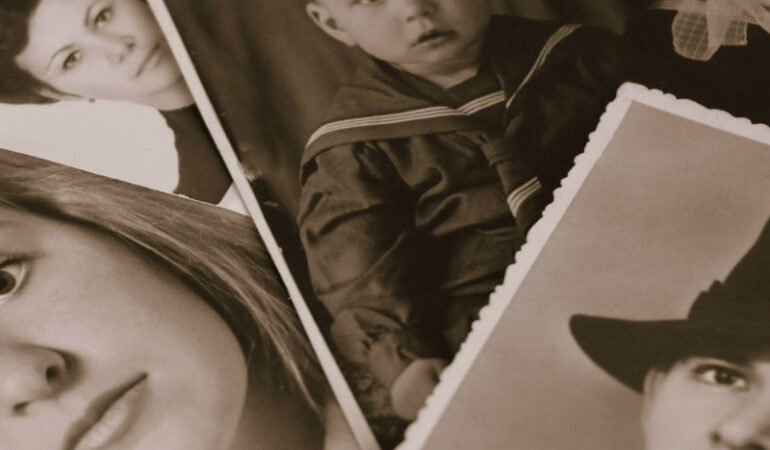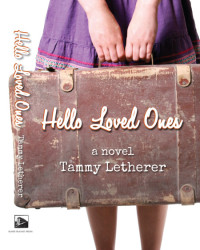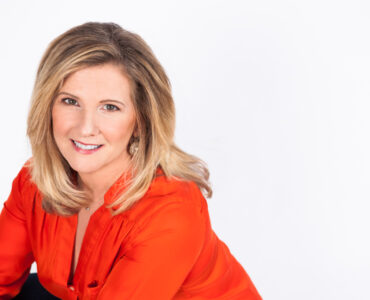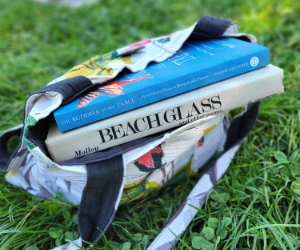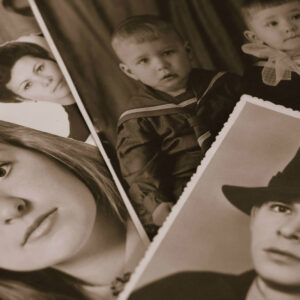 Last night, I got up at 2:30 am to get a drink of water. For some mysterious reason, I suddenly remembered a gift I’d received more than twenty years ago. A work colleague gave my fiance and me an early wedding present; it was a water decanter with matching glasses that had the words ‘his’ and ‘hers’ etched on them. They must have struck us, in our arrogant twenties, as old-fashioned because we made fun of them and gave them away.
Last night, I got up at 2:30 am to get a drink of water. For some mysterious reason, I suddenly remembered a gift I’d received more than twenty years ago. A work colleague gave my fiance and me an early wedding present; it was a water decanter with matching glasses that had the words ‘his’ and ‘hers’ etched on them. They must have struck us, in our arrogant twenties, as old-fashioned because we made fun of them and gave them away.
I’ve always been ashamed of that.
Standing in my dark kitchen in the middle of the night, I feel, once again and too late, the thoughtfulness of that gift and wish I had kept, if not both, at least the ‘hers’ glass to keep beside my bed.
I remember that so vividly, yet earlier, when my former husband had texted to ask what song we had danced to at our wedding, I had drawn a blank.
This cataloging of memories and their effect on me—do they make me nostalgic, defensive, remorseful?—comes on the heels of my TV appearance yesterday on ABC7’s Windy City Live to talk about my book, The Buddha at My Table: How I Found Peace in Betrayal and Divorce.
I get that being interviewed about my memoir could lead me to reminisce about the way we were. Especially because the host veered off the list of prepared questions once or twice by asking things like “Have you forgiven him?” and “Are you happy?”
I just didn’t know that these questions would be lighting the corners of my mind in the middle of the night—but not from unrest. More from curiosity.
I wonder: Why do I often remember shame more readily than joy? How many happy memories does it take to make a happy life? Can a moment of forgiveness be counted as a memory?
I wonder which mistakes or events, if shared, will resonate with and connect me to others?
Writing memoir is a process that requires the repackaging of memories. It’s about sitting through a reel of the highlights and low points the same way I have to force myself to watch Barbara Streisand fall in love with Robert Redford in the 1973 Film The Way We Were. It’s painful, cleansing, crushing, and hopeful all at once. I dread it but also know it will elevate me.
When I work with other writers, I’m asked: how do I overcome my fear of writing about people I know?
The answer is that you must report the facts of what happened as you remember it, without judgment, and from your heart. Any analysis, motivations, or explanations you include can only be about yourself.
All you can do is to be true to your memories by remembering what was true for you. Share that and you’ll have a story that belongs to no one but you.
